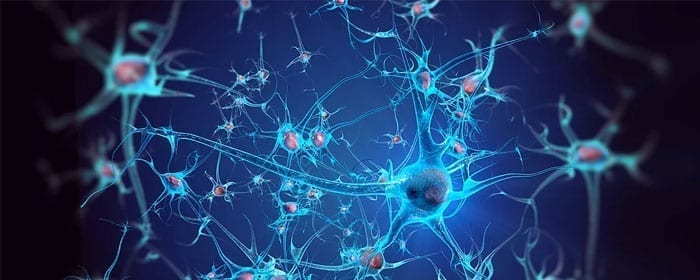Amyotrophic lateral sclerosis, known as ALS, is only partially understood, and there is no effective prevention or treatment of the disease. Those who are diagnosed with ALS, therefore, have few options for slowing its progression. The disease attacks cells of the nervous system called motor neurons. Thus, while one option for approaching ALS is to prevent the attack of motor neurons, another approach is to find a way to protect those cells of the nervous system.
Small proteins called neurotrophic factors have previously been shown to help motor neurons grow and survive longer. However, when scientists have tried to apply these neurotrophic factors in ALS patients, they have not made a difference in disease progression. Because stem cells offer a way to replace damaged cells, they are studied as potential candidates for therapeutic interventions in neurodegenerative diseases, such as ALS.
In this study, scientists combined stem cells and neurotrophic factors by inducing mesenchymal stem cells to secrete neurotrophic factors. Their main objective was to determine if injecting this type of stem cell into ALS patients is safe. They also aimed to determine if such cells may be clinically helpful for this group of patients.
The scientists gave 6 patients each the stem cells through two different types of injections. They then gave 14 patients a combination of the two types of injections. All patients were between the ages of 20 and 75 and were in the early stages of ALS. The patients were observed for 6 months following their injections. Any side effects that occurred as a result of the stem cell injections were mild or transient, so each of the techniques for administering the stem cells to ALS patients was deemed safe.
The researchers also used a test called the ALS-Functional Rating Scale-Revised to evaluate the clinical impact of the stem cell treatment on ALS patients. They found that 13 of the patients (or 87%) improved in their performance on the test, suggesting that the stem cells may have improved ALS symptoms. Further research will need to be conducted to determine if these mesenchymal stem cells that secrete neurotrophic factors can indeed help ALS patients – and if so, how they can best be used to combat the disease.


 St. Petersburg, Florida
St. Petersburg, Florida
